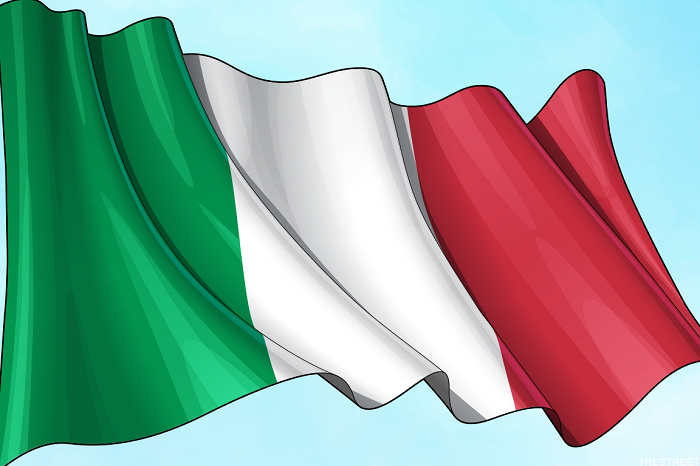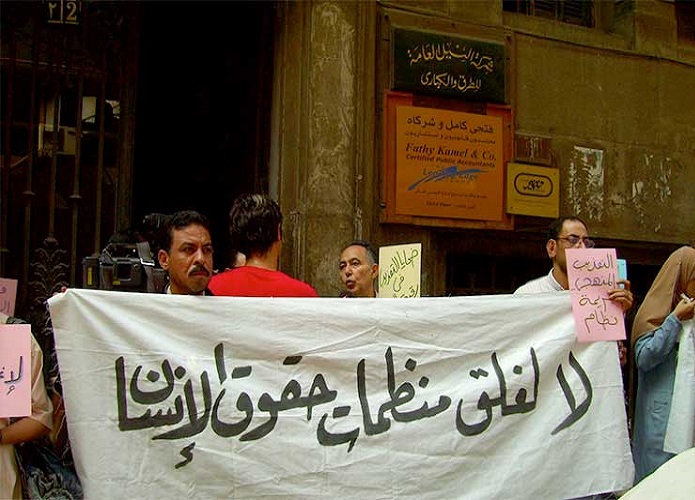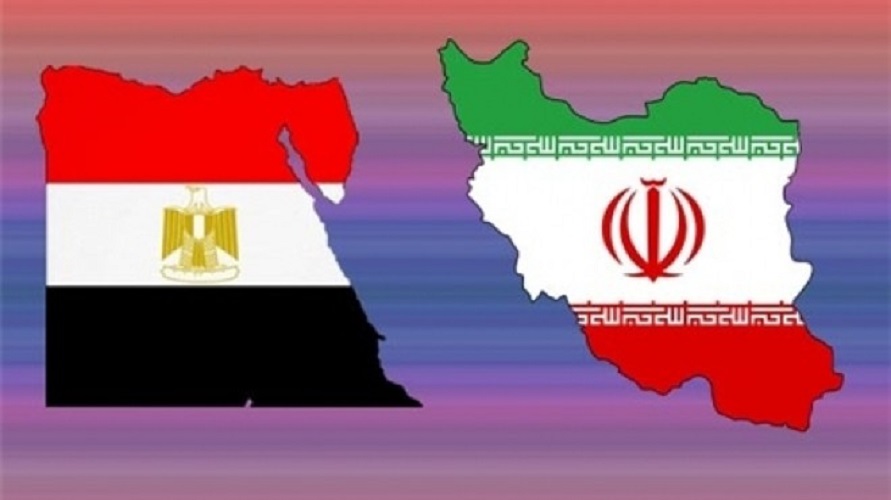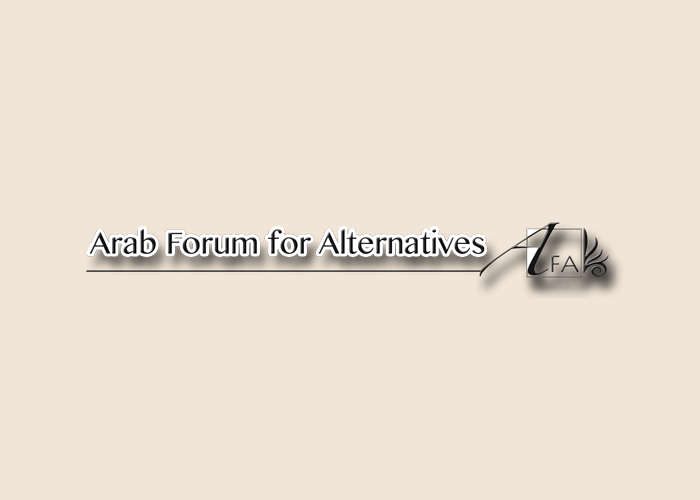Italy’s 2013 General Elections
Andrea TetiThese papers are the product of an internal seminar and are issued on a non-periodic basis. They reflect the opinion of the author only and do not necessarily reflect the opinion of the Arab Forum for Alternatives or any of its partners. The 2013 Italian elections mark a political shift comparable to the end of the ‘First Republic’ in 1994, which heralded the twenty years dominated by Silvio Berlusconi. In 2013, Berlusconi’s coalition lost over 16% of its support, the main leftist party fared little better, and increasing public anger at a political elite perceived as more brazenly corrupt…








